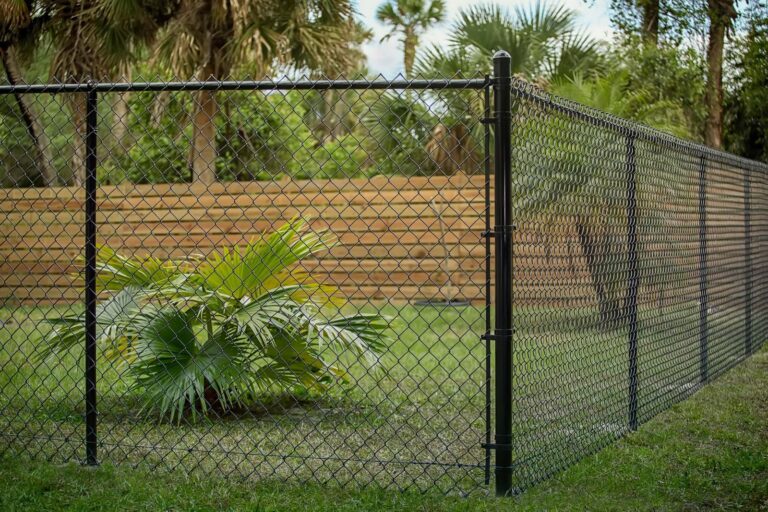
When it comes to fencing options, chain link fences are a popular choice for both residential and commercial properties. Their durability, cost-effectiveness, and low maintenance make them ideal for various applications. However, there are key differences between residential and commercial chain link fences that property owners should consider before making a selection. In this article, we will explore these differences to help you make an informed decision.
1. Purpose and Application
The primary distinction between residential and commercial chain link fences lies in their intended purpose and application.
- Residential Chain Link Fences: These fences are generally designed for home use, providing security and defining property boundaries. They are often lower in height and may include decorative elements, such as color coatings or ornamental tops. Homeowners may choose these fences for safety reasons, such as keeping children and pets contained while also enhancing the aesthetic appeal of their property.
- Commercial Chain Link Fences: In contrast, commercial fences are built to withstand heavier use and often serve more functional purposes. They are typically taller and sturdier, designed to secure larger properties, such as warehouses, factories, or parking lots. Commercial chain link fences may include additional features like barbed wire or privacy slats for enhanced security.
2. Material Quality and Thickness
The material quality and thickness of chain link fencing can vary significantly between residential and commercial options.
- Residential Chain Link Fences: These fences are usually constructed from lighter gauge wire, making them more affordable but less durable than commercial options. While they provide adequate security for home use, they may not withstand harsh weather conditions or heavy impacts as well as their commercial counterparts.
- Commercial Chain Link Fences: Commercial-grade chain link fences are made from thicker, heavier gauge wire, providing greater durability and strength. This makes them more suitable for environments where they may face more wear and tear, such as construction sites or industrial facilities. The increased thickness also helps prevent tampering and enhances security.
3. Height and Design Options
When it comes to height and design, residential and commercial chain link fences offer different options tailored to their respective uses.
- Residential Chain Link Fences: These fences typically range from 3 to 6 feet in height, with many homeowners opting for standard heights that suit their needs while complying with local zoning regulations. Additionally, there are various design options available, including colored coatings or decorative tops, allowing homeowners to personalize their fences.
- Commercial Chain Link Fences: These fences usually range from 6 to 12 feet in height, depending on the level of protection required. These fences are ideal for securing industrial sites, schools, and commercial properties.
4. Installation Process
The installation process for residential and commercial chain link fences can differ significantly based on the project’s complexity.
- Residential Chain Link Fence Installation: Installing a residential chain link fence is typically a straightforward process that homeowners can often handle themselves with minimal tools. While hiring a professional is still an option, many find that they can complete the project with some basic DIY skills.
- Commercial Chain Link Fence Installation: On the other hand, chain link fence installation for commercial properties is usually more complex and often requires a professional team. These installations may involve larger areas, heavier materials, and additional security features, necessitating a higher level of expertise. Hiring experienced contractors ensures the fence is installed correctly and meets local regulations.
Conclusion
Choosing between residential and commercial chain link fences depends on your specific needs and property type. While residential options are suitable for home use, focusing on aesthetics and adequate security, commercial options offer increased durability and security for larger properties. Additionally, understanding the differences in material quality, height, design, and installation processes can help you make an informed decision. Whether you’re considering a chain link fence for your home or business, consulting with professional wood fence installers can provide further insight and assistance in finding the right solution for your fencing needs.